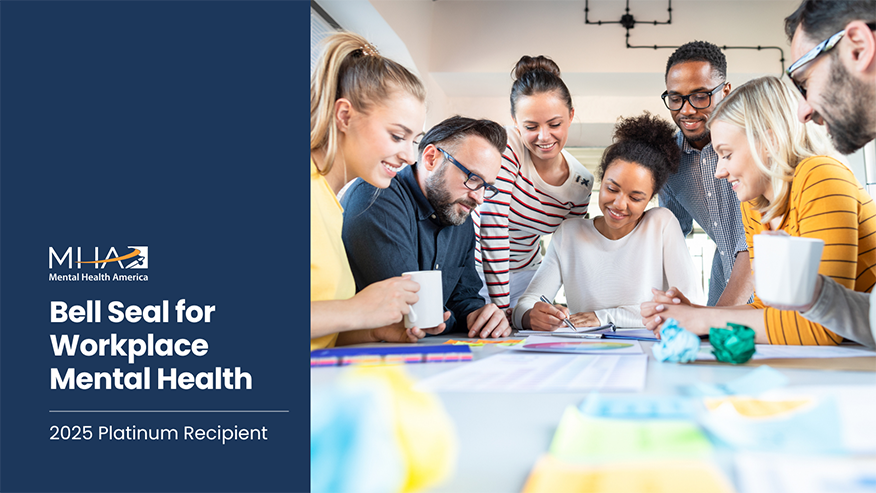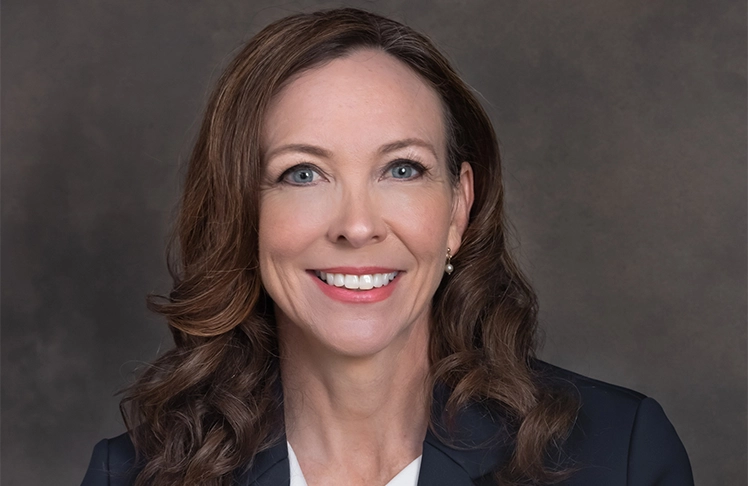Substance Abuse Disorders
Information on common drug types, their symptoms and availabe treatment.
Alcohol Heroin Cocaine Marijuana Tobacco
Alcohol
Alcohol poisoning accounts for over 80,000 deaths per year. Over half the population is reported to consume alcohol and 76% of alcohol poisoning deaths are among adults ages 35-64, 3 out of 4 of which are men. 30% of automotive deaths have been linked to alcohol use as well.
Symptoms and signs of alcohol abuse include blackouts, mood swings, and neglecting responsibilities in favor of drinking, isolation, drinking alone, binge drinking, and experiencing withdrawal symptoms when off alcohol. Binge drinking constitutes usually 5 drinks in one sitting for males and 4 drinks for females. Drinking while pregnant can cause physical and mental birth defects among children.
Treatment
Treatment for alcoholism and other drug abuse disorders can often take place in specialized treatment facilities. Seeking professional help is recommended. Depending on the severity people can choose between inpatient and outpatient care. Medication and group therapy are often used in conjunction to aid in long-term recovery. For people suffering from severe alcoholism, a detox period is usually necessary before any other treatment is provided.
Heroin
Heroin is an opioid drug made from morphine which is derived from poppy plants. Heroin works by binding to opioid receptors in the brain, stimulating the release of dopamine causing pleasure. Heroin commonly comes in the form of white powder or a dark brown tar like substance. It is considered highly addictive and is usually injected or smoked.
Side effects of heroin use include a rush of pleasure, nausea, itching, and reduced consciousness. Long-term use can lead to liver / kidney problems, swollen tissue, infections in the heart valves and lining, collapsed veins, mental illnesses, and brain damage. Overdoses on heroin can lead to death.
Treatment
Treatment for heroin addictions come in the form of medicine and behavioral therapy. Medication is often used to reduce cravings and withdrawals.
Cocaine
Cocaine is categorized as a strong stimulant. It can be used as a valid medical treatment option (i.e. local anesthesia). Cocaine commonly comes in the form of a white powdery substance and is referred by names such as blow or snow. Another form of cocaine is crack cocaine which comes in the form of a crystalized rock and is usually smoked. Cocaine works by increasing the levels of dopamine in the brain by preventing it from being recycled causing a buildup. Overtime, your body adapts to the dopamine buildup and stronger doses are needed to maintain the effect.
Symptoms of cocaine use include paranoia, happiness, mood shifts, heightened alertness, dilated pupils, muscle spasm, increased blood pressure, loss of appetite, death, heart attacks, seizures and strokes. Long-term side effects include loss of smell, asthma, bowel decay caused by reduced blood flow, and risk of blood borne diseases from needle injections.
Treatment
Treatment for cocaine addictions often come in the form of behavioral therapy.
Marijuana
Marijuana is a drug made from dried cannabis. Cannabis contains the chemical THC which stimulates the release of dopamine in the brain causing pleasure. THC gets absorbed into the blood and then carried to the brain where it attaches to receptors in the brain. Marijuana is usually consumed via smoking through a cigarette, water pipe, or vaporizer.
Symptoms and side effects of marijuana use include breathing problems, heart rate increases, nausea, and vomiting. Some studies have shown a correlation between heavy long term marijuana use and drops in IQ level. Studies show it is unlikely to get high from second hand exposure.
Treatment
Common treatments for marijuana addictions include cognitive-behavioral therapy, contingency management, and motivational enhancement therapy.
Tobacco
Tobacco is most commonly found in cigarettes and made from tobacco leaves which have been dried and fermented. Tobacco contains nicotine which is responsible for causing addictions. Nicotine works by getting absorbed in the blood and increases levels of dopamine in the brain.
Long-term effects of tobacco use include emphysema, lung cancer, bronchitis, and increased risk of heart attack or stroke. Miscarriage can occur among pregnant women using tobacco as well. Second hand smoke exposure can be dangerous and lead to lung cancer as well as other long-term effects. It is possible to overdose on nicotine although it usually occurs among children who’ve gotten ahold of nicotine.
Treatment
Treatment for tobacco addiction consists of medication and counseling
Getting Help
For those seeking help for themselves or a loved one it is important to research beforehand on the types of treatments and care options available. There are many great resources to help you in your search. A great starting point would be the Substance Abuse and Mental Health Services Administration also known as SAMHSA. You can find in-depth resources and treatment options for a wide range of mental illnesses and substance abuse problems on their website at samhsa.gov. Once you’ve become familiar with the treatment options available, feel free to use our site to find mental health services or substance abuse treatment centers near you by simply entering your zip code and selecting the type of facility you are looking for.
When considering a facility for treatment be sure to ask about the types of care options available, culture, staff to patient ratio, visiting hours, inpatient / outpatient care options, and details on the methods and intensity of treatment.
Sources
WebMD - https://www.webmd.com
Alcohol Rehab Guide - https://www.alcoholrehabguide.org
The Recovery Village - https://www.therecoveryvillage.com
Related News/Articles
https://www.purdue.edu/
Description: Purdue University is proud to announce it has been awarded a Platinum 2025 Bell Seal for Workplace Mental Health by Mental Health America. MHA is the nation’s leading nonprofit dedicated to promoting mental health, well-being and illness prevention.
https://www.rollingstone.com/
Description: Last year, Nathaniel Rateliff and the Night Sweats began making the leap from theaters to arenas, culminating in a headlining show at New York’s Madison Square Garden two months ago.
https://www.nytimes.com/
Description: At The New York Times's Well festival, the radio host Charlamagne Tha God spoke about his and family members' struggles with depression
https://seattlemedium.com/
Description: Last week, the Seattle City Attorney’s Office (CAO), along with the Seattle Municipal Court (SMC), Seattle Mayor’s Office, and Seattle City Council, announced a new approach to handling misdemeanor public drug use and possession cases, the Drug Prosecution Alternative (DPA).
https://valdostatoday.com/
Description: That’s according to health experts SubstanceAbuseCounselor.Org’s latest study on workplace pressures, financial stress, and substance use. They surveyed 1,000 American workers to understand their feelings and behaviors around today’s workplace and substance use
https://www.news-medical.net/
Description: In a recent study published in the journal Nutrients, researchers assessed the associations of ultra-processed foods (UPFs) and related metabolic signatures with mental disorders





